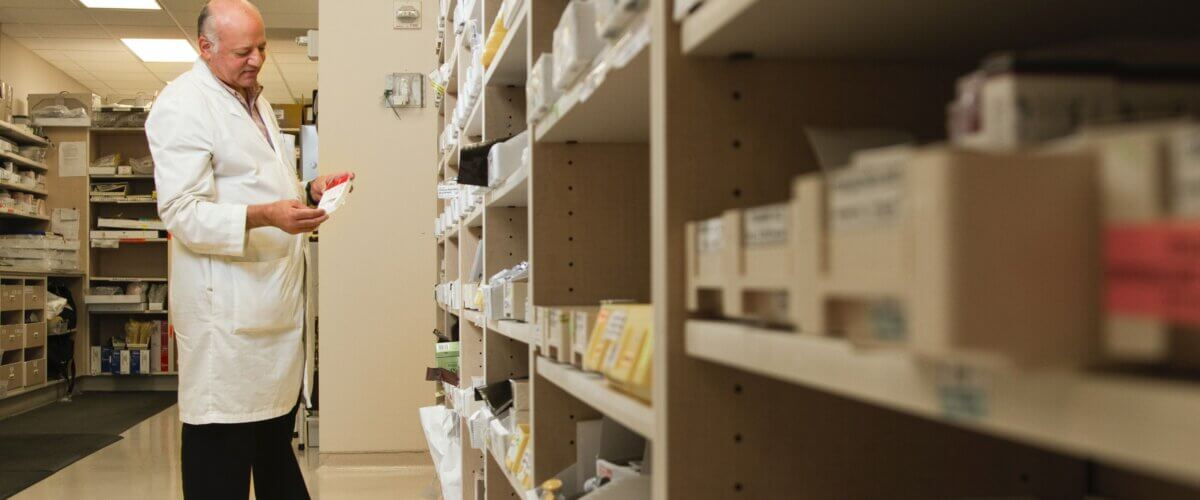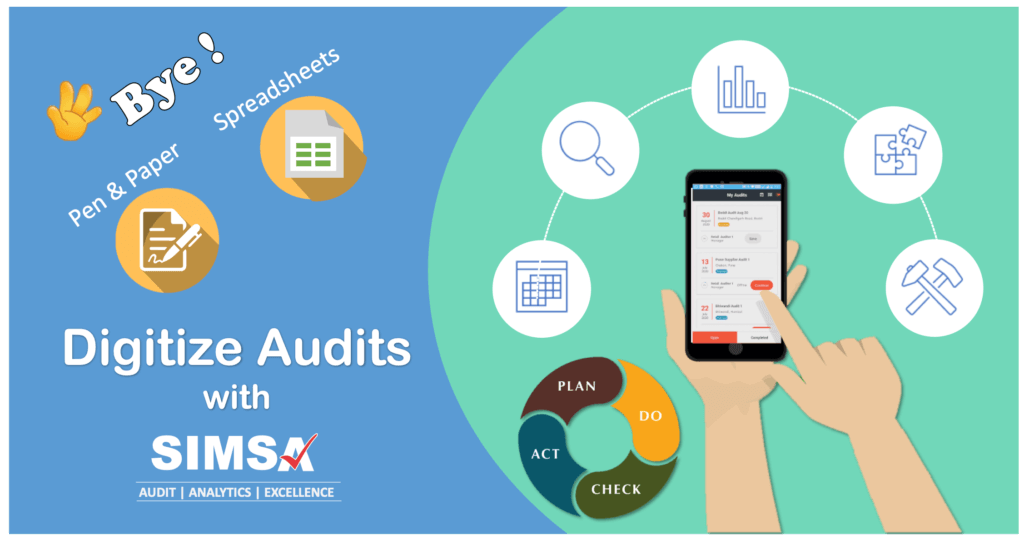Saving Time & Reducing Risk: Streamlining Audits in Pharma Manufacturing & Distribution
The pharmaceutical industry is a high-stakes arena where quality and compliance are non-negotiable. However, auditing in this industry can be a major headache, with the potential to disrupt production, and distribution and consume valuable time and resources. Plus, with regulatory guidelines constantly evolving, it’s a challenge to stay on top of everything.
But don’t fret – there are ways to streamline audits and reduce the associated risks in pharmaceutical manufacturing & distribution. Here are some tried-and-true methods that can help.
1. Conduct Risk Assessment: Conducting periodic risk assessments can help identify areas that require more attention during audits. By focusing on high-risk areas, auditors can ensure that they are allocating their time and resources more efficiently. Risk assessments can also help identify potential problems before they occur, reducing the likelihood of audit findings.
2. Plan in advance and set a rhythm: Given the complexity of types, and numbers of audits as well as the number of sites, companies can reduce the last-minute panic and ensure they have adequate time and resources to prepare for audits. This can also help to avoid scheduling conflicts and minimize disruptions to production.
Setting a rhythm of schedule can also help to create a sense of order and predictability in the audit process. By establishing a regular audit schedule, companies can better plan and allocate resources, and ensure that all areas are audited within a reasonable timeframe. This can also help to reduce the stress and anxiety associated with audits, as staff will know when to expect them and can prepare accordingly.
SIMSA Audit platform allows the creation of recurring schedules of audits at any frequency, thereby, speeding up the planning & scheduling of audits.
3. Automate Audit Processes: The use of technology has revolutionized the way audits are conducted in the pharma industry. Automating audit processes, such as data collection, analysis, and reporting, can significantly reduce audit time and improve accuracy. Automated audit management systems can also improve collaboration among audit teams, streamline communication, and provide real-time updates on audit progress. The technology should also allow addressing the gaps through the assignment of corrective actions with a deadline and automatic reminders of the outstanding actions until closure.
SIMSA Audit platform has all the features mentioned above, which not only saves 70% of the time as compared to using spreadsheets but also ensures timebound closure of audit gaps.
4. Train Staff: Well-trained staff is critical to the success of audits. Providing training to staff on audit processes and procedures can improve their understanding of the audit process and help them prepare for audits in advance. Staff training can also improve compliance and reduce the likelihood of findings during audits.
The audit staff should also understand the standards used for the audits. Despite training, the audit resources need to refer to the standards during the audit. Doing it manually can be time-consuming and cumbersome. At times, auditors skip checking or referring to the standards and rely more on their judgment, which may create bias or inaccurate assessment. Therefore, in SIMSA audit platform, the specific standards pertaining to each checkpoint and question can be accessed on the fly. It reduces auditors’ bias and tendency to skip the standards.
5. Standardize Processes: Standardizing audit processes can ensure consistency across all audits. This can include developing standard checklists, audit protocols, and templates. Standardization can also improve communication among audit teams and reduce the likelihood of misunderstandings or errors.
SIMSA audit platform ensures the standardization of the process, checklists, version control, rating system, reporting and so on.
6. Prioritize Continuous Improvement: Continuous improvement should be an ongoing goal for pharmaceutical manufacturing companies. By continually evaluating audit processes and implementing changes, companies can improve their overall performance and reduce the likelihood of audit findings. Continuous improvement can also help companies stay up-to-date with changing regulations and guidelines.
Audit reports generated by SIMSA categorize the gaps and corresponding action plans based on criticality, thereby, helping the prioritize the focus on the improvements that address high-risk gaps.
7. Utilize External Audit Support: Utilizing external audit support can help streamline the audit process and reduce risk. External auditors bring a fresh perspective and can identify potential problems that internal audit teams may overlook. They can also provide valuable insights and recommendations for improving audit processes and procedures.
SIMSA has on its panel, who have expertise on different areas of pharmaceutical manufacturing & distribution, who can be made available on demand based on the requirement.
In conclusion, streamlining audits is crucial for reducing risk and saving time in pharmaceutical manufacturing. By automating audit processes, conducting risk assessments, training staff, standardizing processes, prioritizing continuous improvement, and utilizing external audit support, companies can improve their audit performance and ensure regulatory compliance. Streamlining audits can also improve staff morale, reduce stress, and improve overall productivity in the pharma industry.



